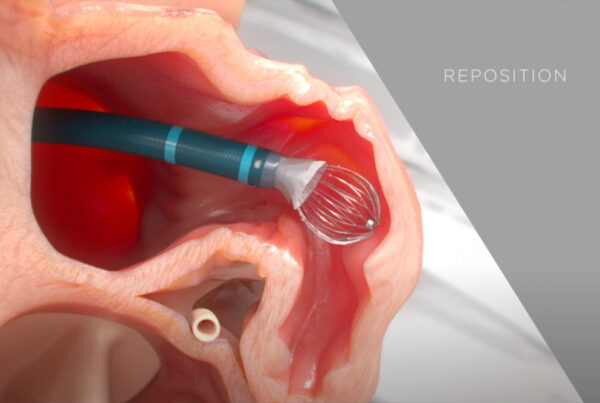Spend any time watching television and you’re likely to see advertisements for medications to treat atrial fibrillation (“A-Fib”). If you’re like most people, you’ve wondered what this is and why medications are so heavily marketed. To start, AFib is very common; it’s estimated that around 12 million people in the US will have atrial fibrillation by the year 2030.
So, what is it?
Atrial fibrillation is a specific type of abnormality in the electrical conduction system of the heart (“arrhythmia”). Normally, the electrical signals that result in a heartbeat follow a precise and defined route through the heart. In atrial fibrillation, this route is disrupted by a different electrical signal coming from the top chambers of the heart, or the “atria”. Because the electrical signals are not regular, the heart does not beat in rhythm.
Are there symptoms?
Some people can sense heartbeat irregularity and experience what we call “palpitations,” which can be described as the heart skipping beats, beating too fast, or beating too hard. For others, the only symptoms of atrial fibrillation are vague and can include fatigue, loss of energy, and shortness of breath. It is also possible to have no symptoms at all and discover atrial fibrillation through an EKG test, which is a 10 second snapshot of the heart’s electrical activity.
What are AFib risks and treatment?
The risk factors for atrial fibrillation are generally the same as the overall risk factors for heart disease: smoking, high blood pressure, increased age, obesity, heavy alcohol use, stress, etc. Controlling these factors can decrease your risk of developing atrial fibrillation. There are also several medications for this arrhythmia, both designed to slow down the heart rate and to keep the heart in normal rhythm. For some patients, we may recommend an electrical shock procedure to restore normal heart rhythm. While for others, we may recommend a procedure called an ablation, which can eliminate the abnormal electrical signals responsible for atrial fibrillation. In addition, we may recommend blood thinning medications, as atrial fibrillation increases your risk of stroke.
Have you been diagnosed with atrial fibrillation? Are you concerned about your risk for atrial fibrillation? Make an appointment with us at Connected Cardiovascular Care Associates to discuss your diagnosis and treatment options!
For further reading on atrial fibrillation, visit:
https://my.clevelandclinic.org/health/diseases/16765-atrial-fibrillation-afib






